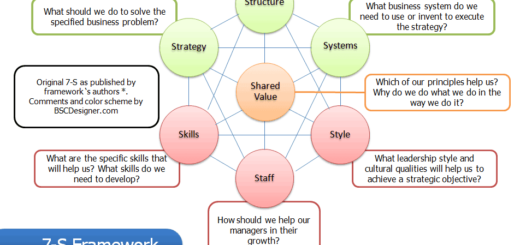The Changing Context of Work
The context of work has undergone significant changes over the years, and these changes have had a profound impact on the way work is organized and managed. Here are some of the key changes in the context of work:
- Globalization: Advances in technology and transportation have made it easier to conduct business on a global scale, leading to increased competition and the need for organizations to be more flexible and adaptive.
- Technology: The digital age has brought about new technologies and tools that have transformed the way work is done. Automation, artificial intelligence, and machine learning are just some of the technological advances that have changed the nature of work.
- Workforce Diversity: The workforce has become increasingly diverse, with more women, people of different races and ethnicities, and members of the LGBTQ+ community entering the workforce. This has led to a greater emphasis on inclusion and diversity in the workplace.
- Changing Demographics: Aging populations in many countries, along with changing family structures and values, have led to changes in the workforce. For example, there is an increasing number of people who are caring for elderly relatives or who are working longer due to changes in retirement policies.
- Work-Life Balance: There is an increasing focus on work-life balance, with many workers seeking more flexible work arrangements and a better balance between their personal and professional lives.
- Gig Economy: The rise of the gig economy has created a new category of workers who work independently, often using online platforms to find work. This has led to new challenges in terms of job security, benefits, and employment rights.
These changes in the context of work have significant implications for how work is organized, managed, and performed. They require organizations to be more flexible, adaptable, and innovative in their approach to work, and to develop new strategies for managing a diverse and changing workforce.





great publish, very informative. I’m wondering why the opposite specialists of this sector do not notice this. You should continue your writing. I’m sure, you have a great readers’ base already!
Thanks for any other excellent article. The place else could anyone get that kind of information in such an ideal means of writing? I have a presentation next week, and I’m on the search for such info.
Regards for helping out, wonderful information.